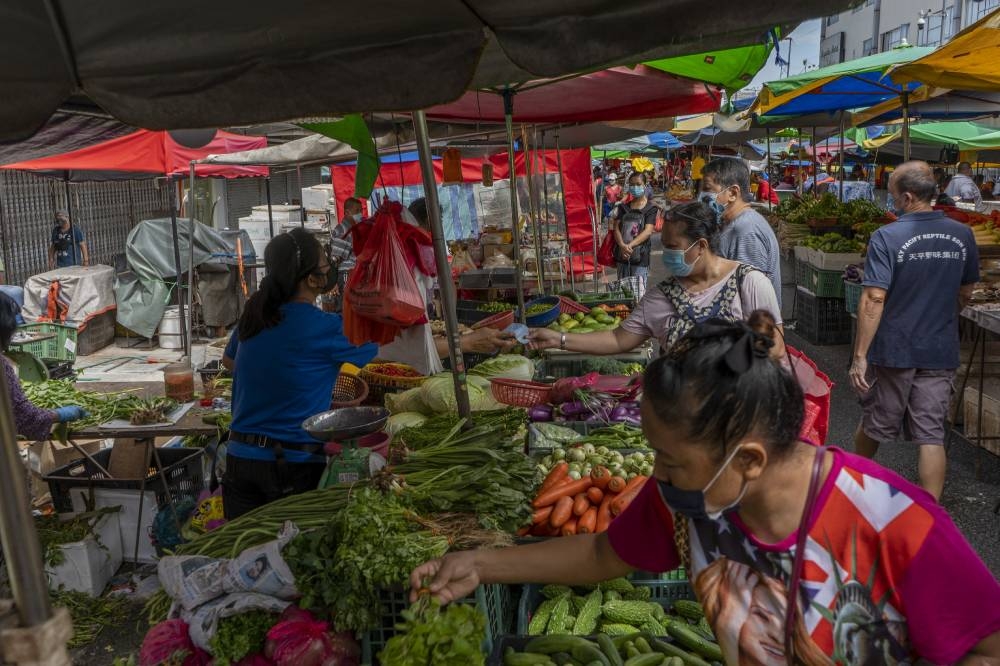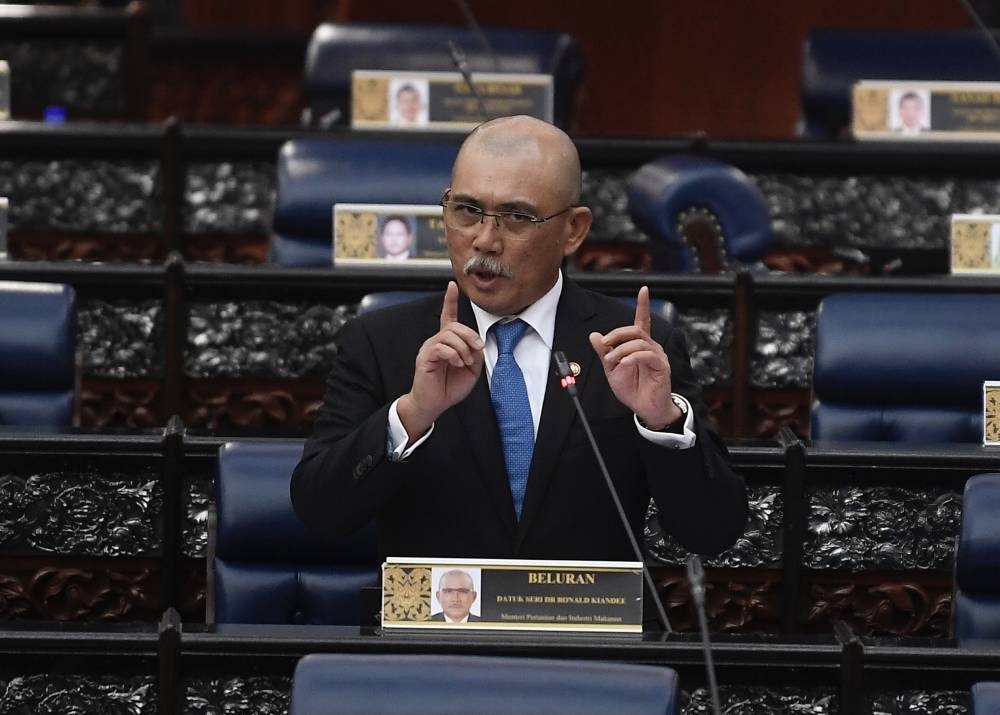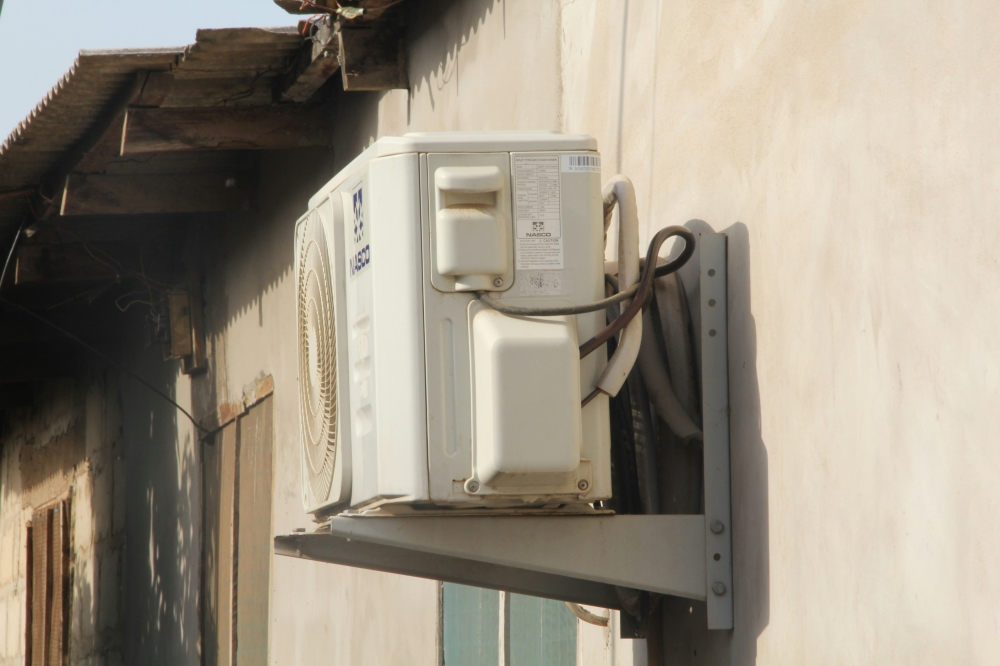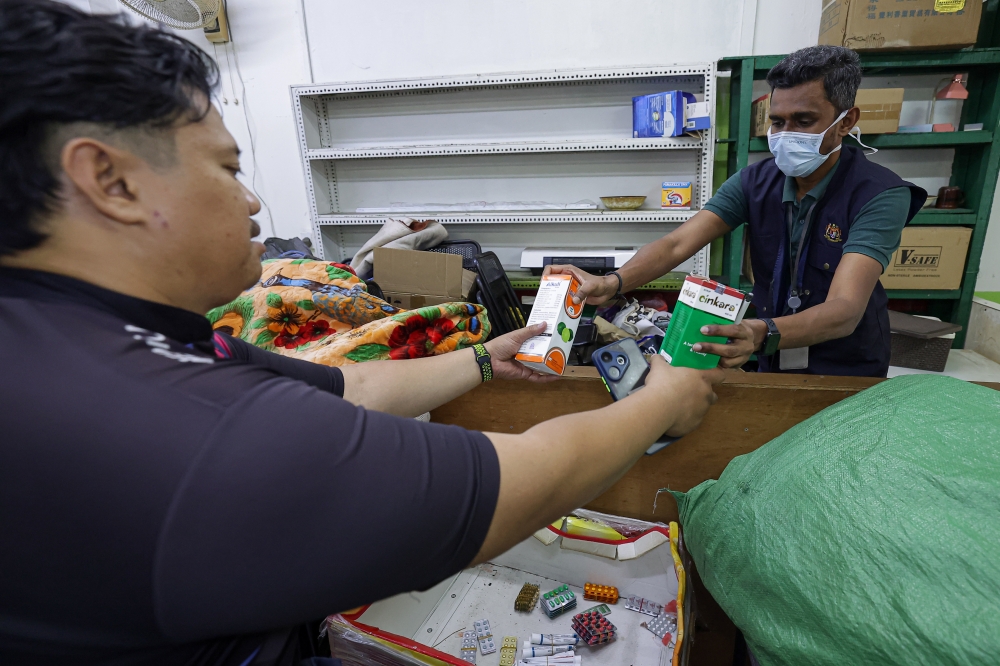KUALA LUMPUR, July 23 — DAP national chairman Lim Guan Eng today warned that the cost of living for Malaysians will continue to escalate unless the government urgently implements several measures such as a price stabilisation fund, strengthening of the ringgit and resolving the severe worker shortage issue.
He said besides the low-income B40 group, the middle-income M40 group and also small-medium enterprises (SME) will stand to be the biggest losers because they are not offered any government assistance.
“The declining ringgit has only added import costs to businesses, whilst the acute labour shortage has not only adversely affected economic growth, but also driven up labour costs,” the former finance minister said in a statement this morning.
Against two of our largest trading partners, Lim said the ringgit has fallen to a five-year low against the US dollar on Tuesday to RM4.46 whilst the Singapore dollar is inching to its record low of RM3.21.
“The ringgit’s depreciation against two of our three biggest trading partners in the US and Singapore, will only cause inflation to spike up.
“The government had tried to imply that whilst the inflation rate has increased to 3.4 per cent in June, it is still lower compared to Singapore’s 5.6 per cent.
“Such comparison is meaningless when the Purchasing Power Parity (PPP) per capita of Singapore is almost four times that of Malaysia.” said Lim.
The Bagan MP called on the government to resolve inflationary issues by implementing several measures to slow the country’s rising prices.
Lim pointed out that Malaysia’s inflation through the consumer price index (CPI), increased 3.4 per cent in June this year from a year earlier.
“This is led by the rise in food prices of 6.1 per cent and does not reflect the actual situation due to controlled pricing of certain essential items,” he said, adding that the June producer price index to be announced, which rose by 11.2 per cent in May, will reflect a more accurate picture of the current situation.
Lim also regrets that the government refused to implement a price stabilisation fund.
He said this was based on a RM5 billion price stabilisation fund as stated in a parliamentary reply to him by the Finance Ministry.
“Instead, RM1 billion was provided to chicken and poultry breeders to stabilise chicken and egg prices at controlled prices until August this year. Despite that, supply shortages are still expected because chicken and eggs are still sold at below cost,” he said.
Lim added that the situation above was due to the rise in global food production inputs such as maize at 14.8 per cent, wheat (60.9 per cent) and soybean (19.9 per cent), which are the largest compositions in the preparation of chicken feed that has caused chicken prices to increase by 17.2 per cent.
He also noted that pork prices went up by 14.6 per cent in June as compared to 10.2 per cent in the previous month.
“The government continues to disclaim any responsibility by blaming soaring food prices on escalating food production inputs due to the war in Ukraine, supply shortages, disruption in the supply chain caused by the Covid-19 lockdowns in China and high logistic costs.
“However, no mention is made of the negative impact of the depreciating ringgit and the acute labour shortage in hiking up the inflation rate,” said Lim.
Yesterday, it was reported that Malaysia had registered a consumer price increase of 3.4 per cent year-on-year to 127.4 per cent in June as food prices continued to rise at an accelerated rate.
National Statistics Department chief statistician Datuk Sri Mohd Uzir Mahidin said the food index rose 6.1 per cent, its highest in over a decade.
Mohd Uzir also compared the country’s June inflation rate with that of other countries in the Asia Pacific, He said it was higher than China (2.5 per cent) but lower than Thailand (7.7 per cent), the Philippines (6.1 per cent), South Korea (6 per cent) and Indonesia (4.4 per cent).





















